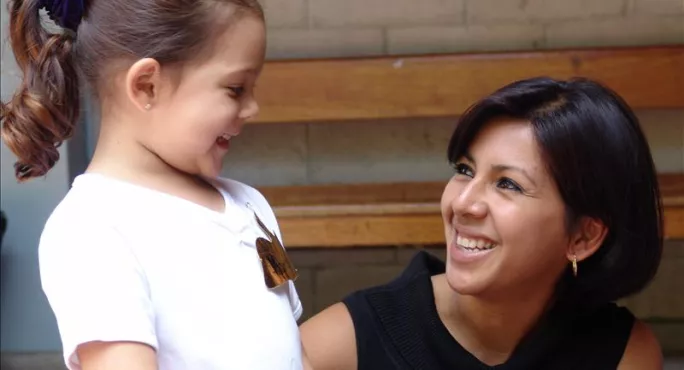- Home
- Nine things all satisfied teachers feel
Nine things all satisfied teachers feel

Trusted
If a member of staff appears in your classroom, is your first thought, “They're here to judge me”? If so, your school's culture must be questioned. When learning walks and observations are graded, and teachers' approaches to planning and assessment are interrogated and picked apart, that isn't trust. Neither are pupil progress meetings where teachers are forced to justify every little thing they’ve done with particular students.
This isn’t trusting teachers, it's a climate of guilt, paranoia and insecurity.
Autonomous
In my experience, teachers don’t like to be micro-managed. They like to feel free to teach, to do what works best for them in their classroom, department or area. They like to feel as though they can fully utilise their own professional experience to impact students. Being held back by ticking boxes stifles that sense of autonomy. Free thinking accelerates professional development.
Safe
Teachers can’t be satisfied if every time they walk down a corridor, they fear being abused physically or verbally. A teacher should never have to feel insecure or threatened in their work environment. Sadly, this happens too often. Satisfied teachers feel as though their schools put their personal safety and security as top priority.
Backed up
When a teacher needs to be supported on behaviour, they should be – no questions asked. Conversations should never start from what the teacher has or hasn’t been doing, but from the student behaviour itself.
Understood
In the schools I’ve worked in where teachers have felt understood, they have felt listened to. They have felt as though the person working with them or alongside them really understands the reality of teaching: the difficulty of it and the common things that can go right and wrong. Every teacher is different and brings something to the party, and they feel more satisfied when what they're good at is identified and then built upon.
Challenged
Teachers want to get better. They like to feel as though they are progressing professionally and as though their school takes an interest in their specific journey. Teachers generally like to question their own practice and to evaluate whether there is a “better” way.
Treasured
A “well done” can go a long way. I know teachers who go through whole half terms without someone saying “well done” or a specific thank you for something. It makes a world of a difference when teachers know their importance to the school and how valuable their contribution is.
My first headteacher sent me a thank-you card at the end of my first term as an NQT and the first sentence was, “Wow, what an impact!” I’ve never forgotten that sentence, it gave me a great sense of pride and made me feel an integral part of my first school.
At home
When teachers feel part of a school community and at ease in their own classroom space, it makes a huge difference. That sense of camaraderie that often permeates through schools in the most challenging areas can make a huge difference.
Knowing you can have a good laugh in a proper staffroom at break, knowing that next door your teaching mate has your back no matter what, knowing that the school wants the teaching community to stick together and invests in that cohesiveness. I remember in my first school, we spent an Inset day bowling and having a whole-staff curry. The head also bought everyone a drink out of his own money (shout out to Phil Pierce at Prestatyn High School).
They have time for the toilet
We talk a lot about the Convention on Human Rights when it comes to the students and their provision, but what of teachers who have no time for the simplest of needs?
Between scoffing a sandwich to get to duty or simply having to spend a lunchtime inputting data, going to the toilet has to wait. But it just shouldn’t have to wait. That rush and tumble isn’t sustainable.
The fact that I've even written this one down shows us a lot about where we are as a profession in the UK.
Tom Rogers is a teacher who runs rogershistory.com and tweets @RogersHistory
For more columns by Tom, view his back catalogue
Register with Tes and you can read two free articles every month plus you'll have access to our range of award-winning newsletters.
Keep reading with our special offer!
You’ve reached your limit of free articles this month.
- Unlimited access to all Tes magazine content
- Save your favourite articles and gift them to your colleagues
- Exclusive subscriber-only stories
- Over 200,000 archived articles
- Unlimited access to all Tes magazine content
- Save your favourite articles and gift them to your colleagues
- Exclusive subscriber-only stories
- Over 200,000 archived articles



